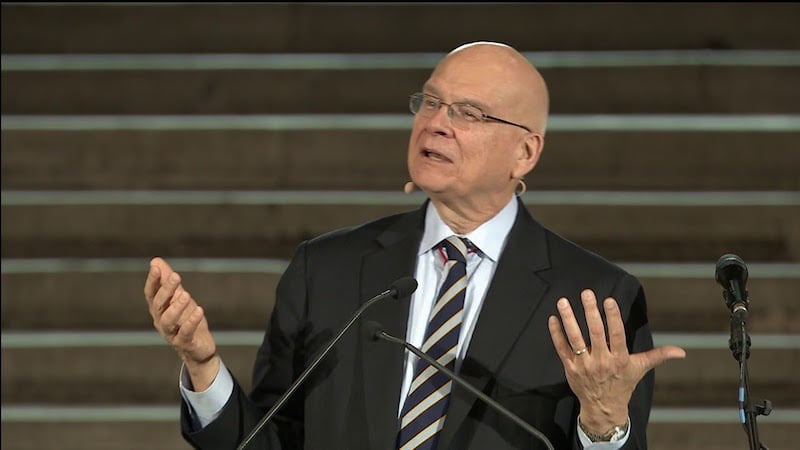As the fracturing dynamics that roiled within American evangelicalism between 2015 and 2024 begin to finally exhaust themselves, it is worth pausing to consider where we now find ourselves at the beginning of what may feel like a new era in the life of the American church. Old alliances and coalitions have fragmented and many institutions have fallen, either through moral failure or through actually closing their doors and ceasing to exist. Yet alongside these threats one can also see many signs of hope–there seems to be a new openness to Christianity amongst many people who once seemed quite closed off. This openness can be seen in everything from the response to the Asbury outpouring, to Canadian apologist Wesley Huff’s appearance on the Joe Rogan Show, to surprising conversions like those of Ayaan Hirsi Ali, to soaring Bible sales numbers in 2024.
Login to read more
Sign in or create a free account to access Subscriber-only content.
